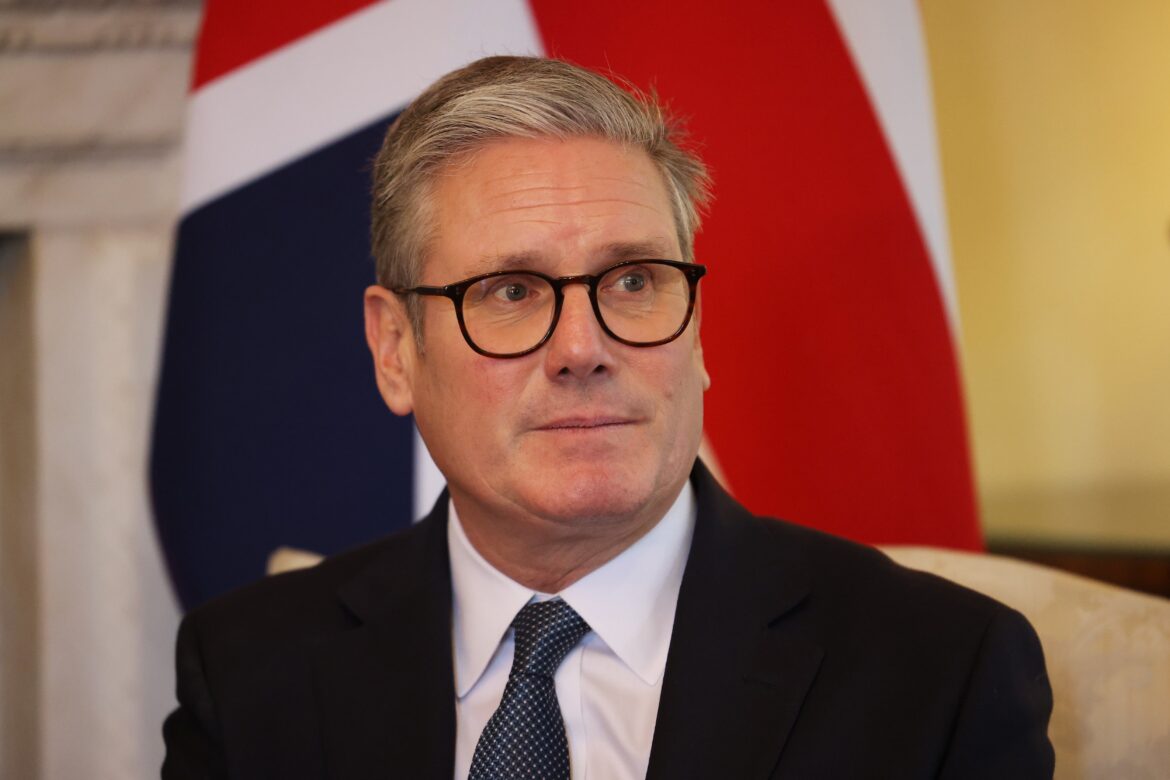Labour is bracing for a tense period after Angela Rayner stepped down, leaving a vacancy in the deputy leadership role.
Party leader Keir Starmer is now under pressure to manage the succession carefully, amid accusations that he may be trying to influence the contest behind the scenes to prevent internal divisions.
The party’s ruling National Executive Committee (NEC) has finalized a timetable for the election, but critics say the schedule favors a rapid, controlled process rather than an open debate on Labour’s direction.
Tensions Rise Over Candidate Rules
The contest is already stirring strong reactions.
The party’s Left sees the deputy role as a platform to push policy priorities, while there are also calls for a woman to fill the position.
According to the timetable, candidates must secure 80 nominations from Labour MPs by Thursday at 5pm to qualify.
Those who make the cut will then face a membership ballot, with a winner expected to be declared by the end of October.
Downing Street is keen to see the election resolved well before the crucial Budget on November 26.
Deputy Role Comes Without Extra Perks
A government spokesperson confirmed that the new deputy leader will not automatically become Deputy Prime Minister, a role recently given to David Lammy.
There’s also no guarantee of a government position for the winner, leaving the role largely symbolic within the party structure.
Starmer himself is unlikely to publicly endorse any candidate, aiming to keep the process outwardly neutral, though critics are skeptical.
Critics Warn of a “Stitch-Up”
Backbenchers have expressed concern that the election timetable is deliberately tight, leaving little room for meaningful member engagement.
Richard Burgon called it the “mother of all stitch-ups,” arguing that limiting the nomination window sidelines the party’s grassroots voice.
He warned that the process avoids addressing key issues from the past year, including debates over disability benefits, winter fuel payments, and Labour’s stance on international issues like Gaza.
Burgon described the leadership as “unwilling to listen or learn” if Labour hopes to rebuild support.
Filling Rayner’s Cabinet Duties
Rayner’s resignation followed breaches of the ministerial code over her tax affairs.
Starmer quickly reshuffled her responsibilities: David Lammy became Deputy PM, while Steve Reed took over the Ministry for Housing.
However, despite the reshuffle, Labour’s conference will inevitably be dominated by jockeying for the deputy leadership role, which remains a separate and high-profile election.
Early Contenders Emerge
Foreign Affairs Committee chair Dame Emily Thornberry was the first prominent figure to indicate she might run, criticizing Starmer for past mistakes.
Former Commons Leader Lucy Powell and ex-Transport Secretary Louise Haigh are also reportedly considering their options.
New Home Secretary Shabana Mahmood, tasked with tightening immigration policy, has ruled herself out of the contest.
Meanwhile, Labour peer Baroness Harman has insisted that the next deputy leader must be a woman and ideally someone from outside London to broaden the party’s leadership reach.
Calls for Broader Representation
Greater Manchester Mayor Andy Burnham has highlighted concerns about Cabinet diversity and London-centric leadership.
He suggested that another northern voice, such as Haigh or Powell, could balance perspectives and give MPs more influence.
Burnham emphasized that the deputy leadership race should spark discussions about the party’s future and the respect given to MPs, rather than being a rushed selection process.
Defending Labour Leadership
Not everyone agrees that the process is flawed.
Defence Secretary John Healey rejected criticisms about backbench treatment, noting that the government’s focus remains on delivering for the public.
He praised Rayner, saying she “will be missed” and has been an inspiration, particularly to working-class women, despite the pressures she faced in office.
What’s Next?
As the Labour deputy leadership race kicks off, all eyes will be on the nomination process and who steps forward.
Will the contest lead to genuine debate about the party’s direction, or will it reinforce Starmer’s control?
Party members and political watchers are bracing for a showdown that could shape Labour’s future well beyond the October ballot.
